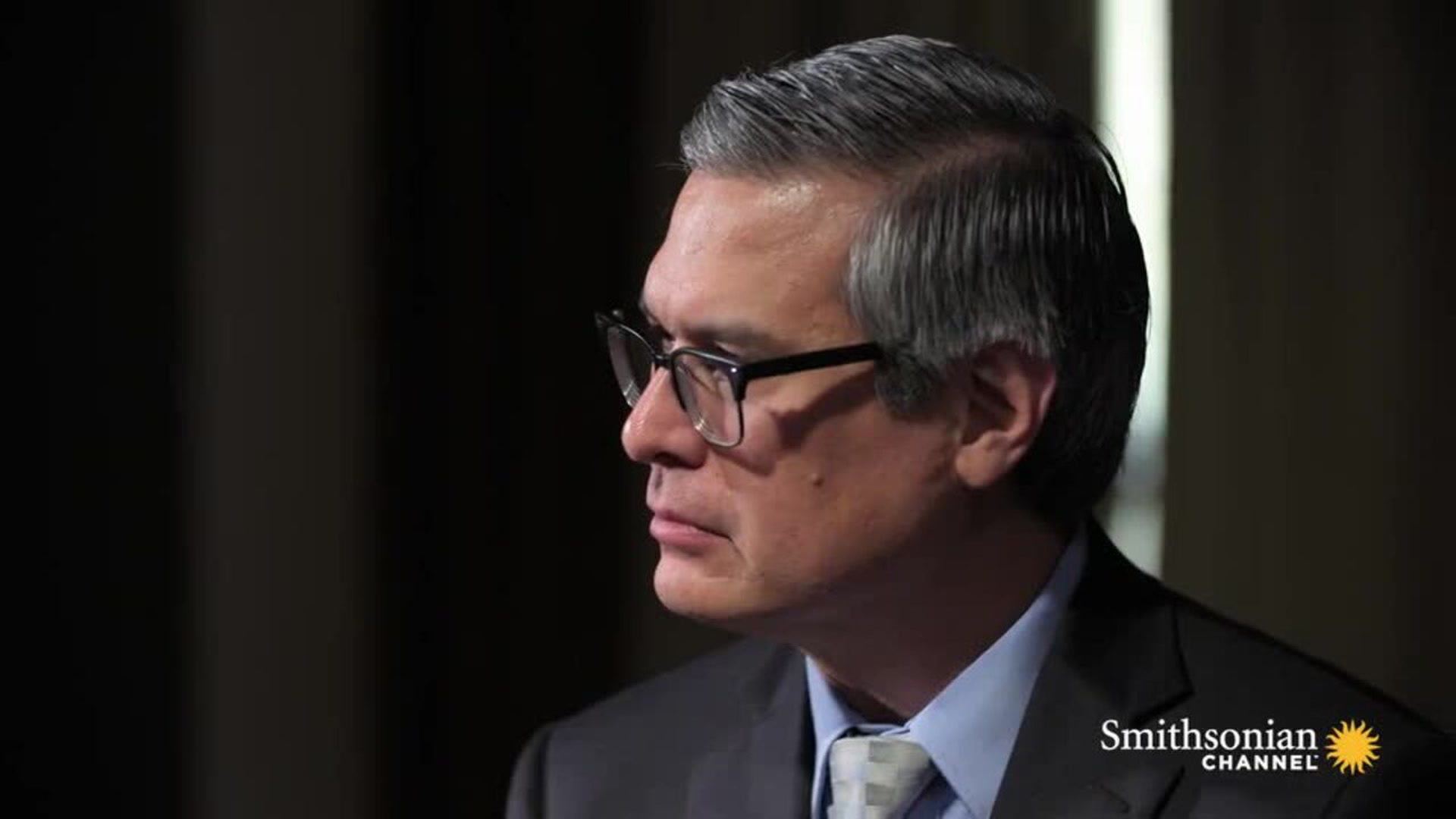television
Was One of George Washington's Generals Intersex?

The newest episode of America's Hidden Stories delves into the mystery.
April 08 2019 1:33 AM EST
lumi_rostick
By continuing to use our site, you agree to our Privacy Policy and Terms of Use.

The newest episode of America's Hidden Stories delves into the mystery.
In an upcoming episode of Smithsonian Channel's America's Hidden Stories, historians and scientists work together to determine if a general who saved George Washington's life in battle, Casimir Pulaski, was intersex.
Polish native Pulaski was a brilliant strategist and soldier during the Revolutionary War. He developed his military expertise through childhood training with his father, but he put it to use while fighting against Russian control of Poland. After the uprising failed, he made his way to North America, per the suggestion of Benjamin Franklin, to aid in the war here. Only after saving Washington's life through precise battle tactics was he recognized as a potential general. He continued to prove himself until his death during the siege of Savannah, Ga., in 1779, even earning the title of the father of the American calvary.
Over two centuries later, in 1996, while Pulaski's monument in Savannah was undergoing repairs, his presumed remains were found buried inside. All the records pointed to the box of bones belonging to Pulaski -- except for the distinctly female hip bones. The mystery continued to stump everyone for nearly 20 years. The theory of Pulaski being intersex was discussed, but without the proper technology, researchers were left with the question: Were these the remains Pulaski's or an unknown woman's? Only recently, with new technology and a team with fresh eyes, was the mystery solved.
The new reserachers started by examining the bones for what could have been missed. Each knick and scar on the bones aligned with injuries Pulaski sustained in his lifetime, including the fatal blow to the head in battle. Finally, after comparing the mitochondrial DNA of the mystery remains to DNA samples from Polanski's great-niece, the results came back a 99 percent match, confirming the bones belonged to the Revolutionary War hero.
Thanks to research from 2016, we now know Pulaski was intersex, but no one in his day knew of his identity. He didn't have the language for it either, though there's evidence that he knew he was different in some way. According to researchers, he always kept to himself and never married. Still, he was described as a leader by example and an incredible soldier.
The Advocate interviewed nonbinary intersex author and activist Hida Viloria, who appears in the episode giving background on intersex identities and her perspective on Pulaski's situation. Viloria noted the progress made for the intersex community over the last five years but points out there is a lot of work to be done to protect intersex infants. "[Doctors] often insist that babies born like Pulaski are female and recommend cutting their genitals and pumping their bodies with unnecessary hormones to create this femaleness -- a practice which would have stolen General Pulaski from America as well as himself!"
Pulaski, like many Americans, dreamed about serving in the military. Unfortunately, not everyone is allowed to fulfill that dream. "Pulaski's life is further evidence that the trans military ban is a grossly misguided policy that not only robs American citizens from the opportunity to serve, but also robs our country of great soldiers," Viloria shared. "Under the current ban, Pulaski's XX chromosomes would deem him female, which would have excluded him from the military altogether in his own lifetime, and today would allow him to serve only if he were living as a legal female, which we can imagine he might not be, as he was obviously a man."
Today, there are many people out and open about being intersex. From her own experience, Viloria shared "I wish that more people knew that being intersex can be an extraordinarily positive physical, spiritual, and intellectual experience, as it has been for me, when you allow intersex individuals to make our own decisions about our sex traits and our gender identity."
Check out a clip from the episode below.

Watch the full episode Monday on the Smithsonian Channel.
Charlie Kirk DID say stoning gay people was the 'perfect law' — and these other heinous quotes